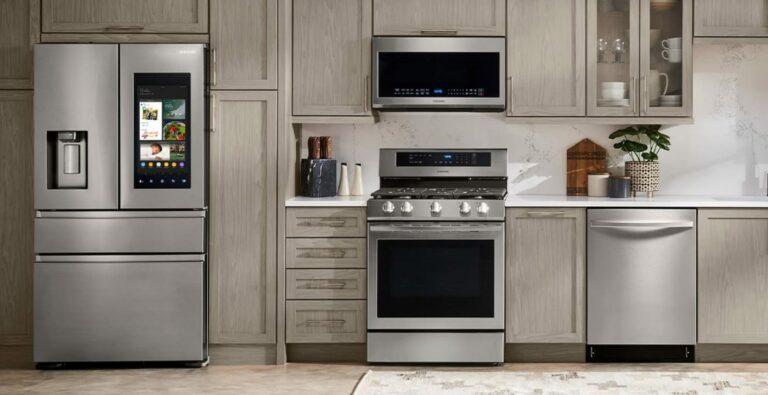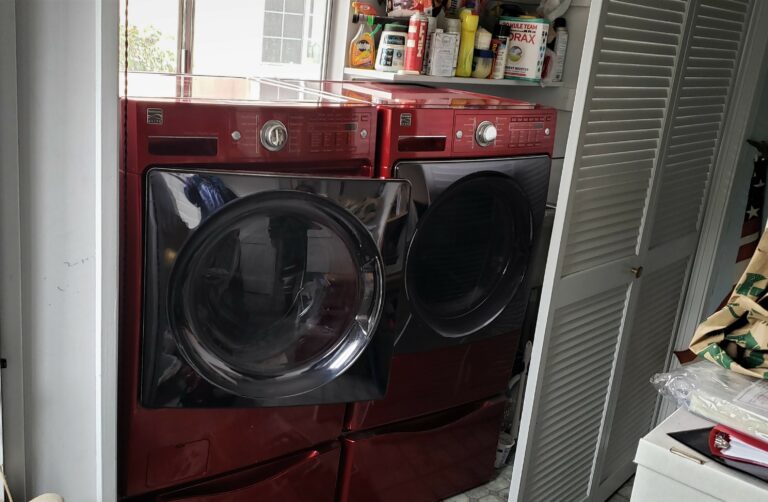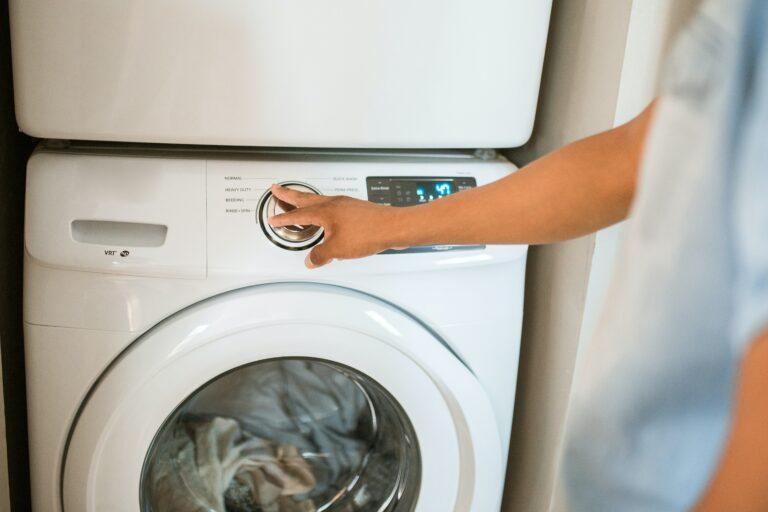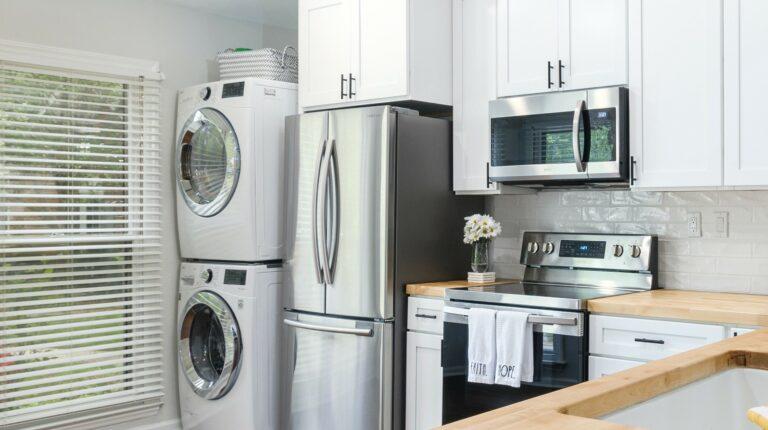5 Rules You Need to Follow Before Fixing Appliances Yourself
Fixing appliances yourself?
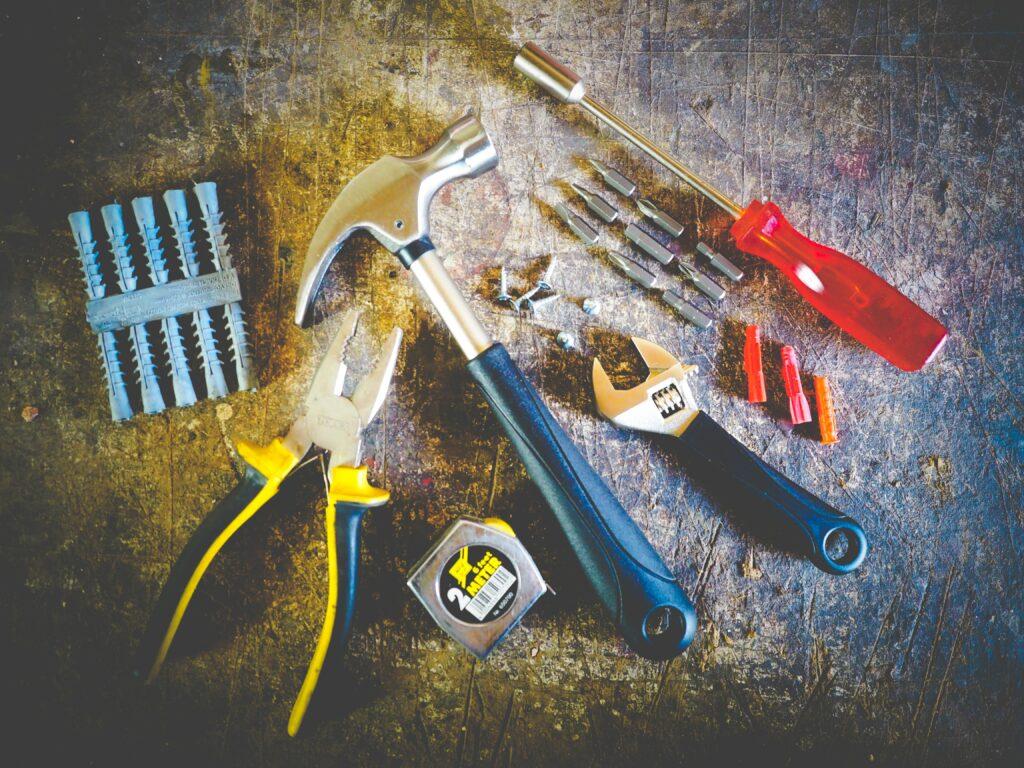
In the modern world, we have a lot of electric and electronic devices that make our domestic life easier. However, sometimes these devices break, and we strive to fix them as soon as possible. Thanks to the internet, there is lots of helpful information regarding DIY repairs, and sometimes people can repair appliances themselves. But we strongly recommend reading this article before you wonder, “How to fix appliances?” especially if you’re doing it for the first time. So, here are five things you should follow while repairing your dryer, washer, refrigerator, oven, or something else.
-
Always unplug your appliances before repairing them.
It might sound trivial, but oftentimes people forget to do so or just become lazy because the outlet is not easily accessible or they don’t know how to flip the circuit breaker. If you don’t unplug the appliance, you may get electrocuted or burn out the household electric system, partially or completely due to an accidental shortage. These events may lead to more serious problems than the initial issue, both technical and safety-wise. It’s not worth taking such risks just because you forget to unplug your appliances.
-
Always take pictures of every step you take while disassembling the appliance.
Modern appliances are quite complex machines with a lot of components and hardly traceable wirings. Some appliances, such as Bosch dishwashers, don’t have a “foolproof”, and it’s highly possible to place one of the mainboard connectors in the wrong place because the connectors are shaped equally. As a result, once the dishwasher is powered on, the main power board, and often the user interface board, burn out. Instead of a successful Bosch dishwasher repair, you get a completely dead unit that can only act as a piece of furniture or a dish store.
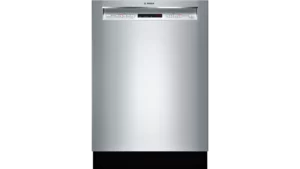
The same principle applies to screws, panels, shelves, etc. Take pictures of everything, and you won’t have to gamble on where to place all the parts.
-
Mark screws.
It may sound silly and not that important, but it is what it is. Appliances, especially more expensive ones, have lots of screws with different lengths and sizes. Sometimes they are interchangeable (at least you can use them instead of each other without harming the performance of the unit), but sometimes they are not. It may get you even if you consider yourself as handy and technically advanced.
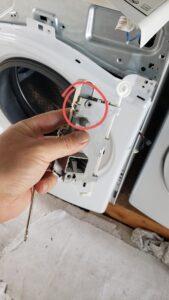
As an example: one of our customers definitely knew how to fix appliances, the washing machine in particular, and replaced the door boot seal himself. After repairing his Whirlpool front loader, he placed the door lock mechanism in its place, put the screw on – and boom! – there was a pop. He took the wrong screw from the dispenser, which was longer than the original. That screw went through the door lock and shorted the door switch to the ground. The main control got burned. The following repair was so expensive that the customer decided to purchase a new washer instead.
Mark screws or separate them! Don’t get screwed.
-
Pay attention to the basics.
As “Troubleshooting and Repairing Major Appliances” by Erick Kleinert states, “only persons with a basic understanding of electricity and its principles can attempt to repair appliances.” Basic understanding means that the person should at least be able to separate the hot line from the neutral. It’s crucial for any repairs of any appliances, especially those dealing with gas. It’s not uncommon for people to try to fix a dryer that’s not getting hot or replace the oven igniter and do it improperly. If you follow all the guidelines and safety precautions, you should be fine. The problem is that sometimes people are unable to understand the guidelines in full, making following them virtually impossible. This can lead to a person wiring the gas valve igniter and vice versa, resulting in issues with ignition, a gas smell, or even small explosions. Read the guidelines and follow all the precautions.
-
Stop when needed.
It’s very rewarding, both in terms of time, money, and self-esteem, when you successfully repair something yourself. But sometimes, if you feel that the repair isn’t going well, it’s a good idea to stop and call a professional service. Remember – it’s always more difficult and expensive to fix something that was attempted to be repaired by someone else. In some cases, we refuse to work on appliances that were “repaired” by an unqualified person because it’s not possible to investigate all interventions and reverse them. Keep this in mind before attempting to fix appliances.
And if you live in Orange County, CA, you can always call My Appliance Crew and get a FREE consultation regarding appliances over the phone.

